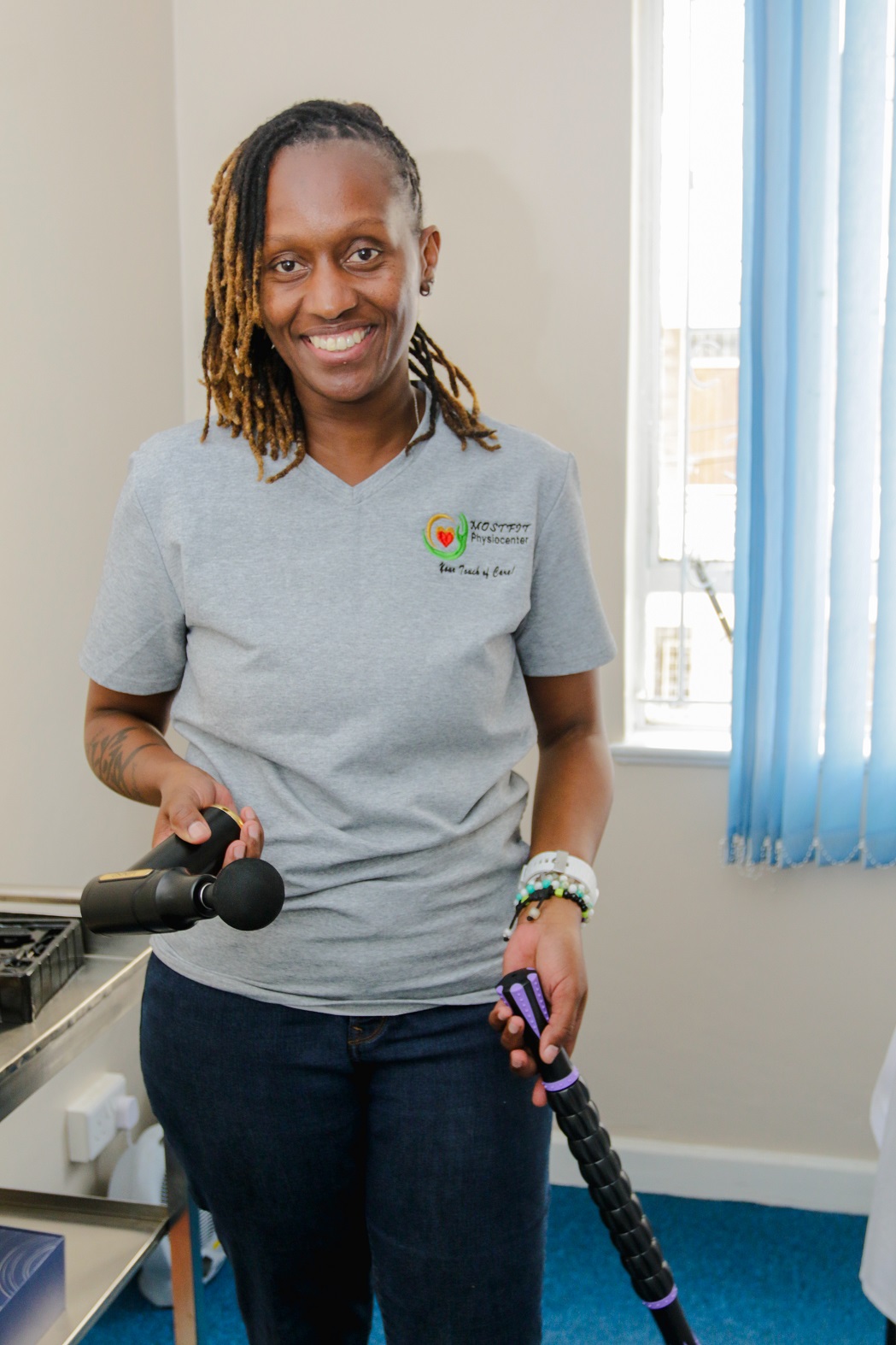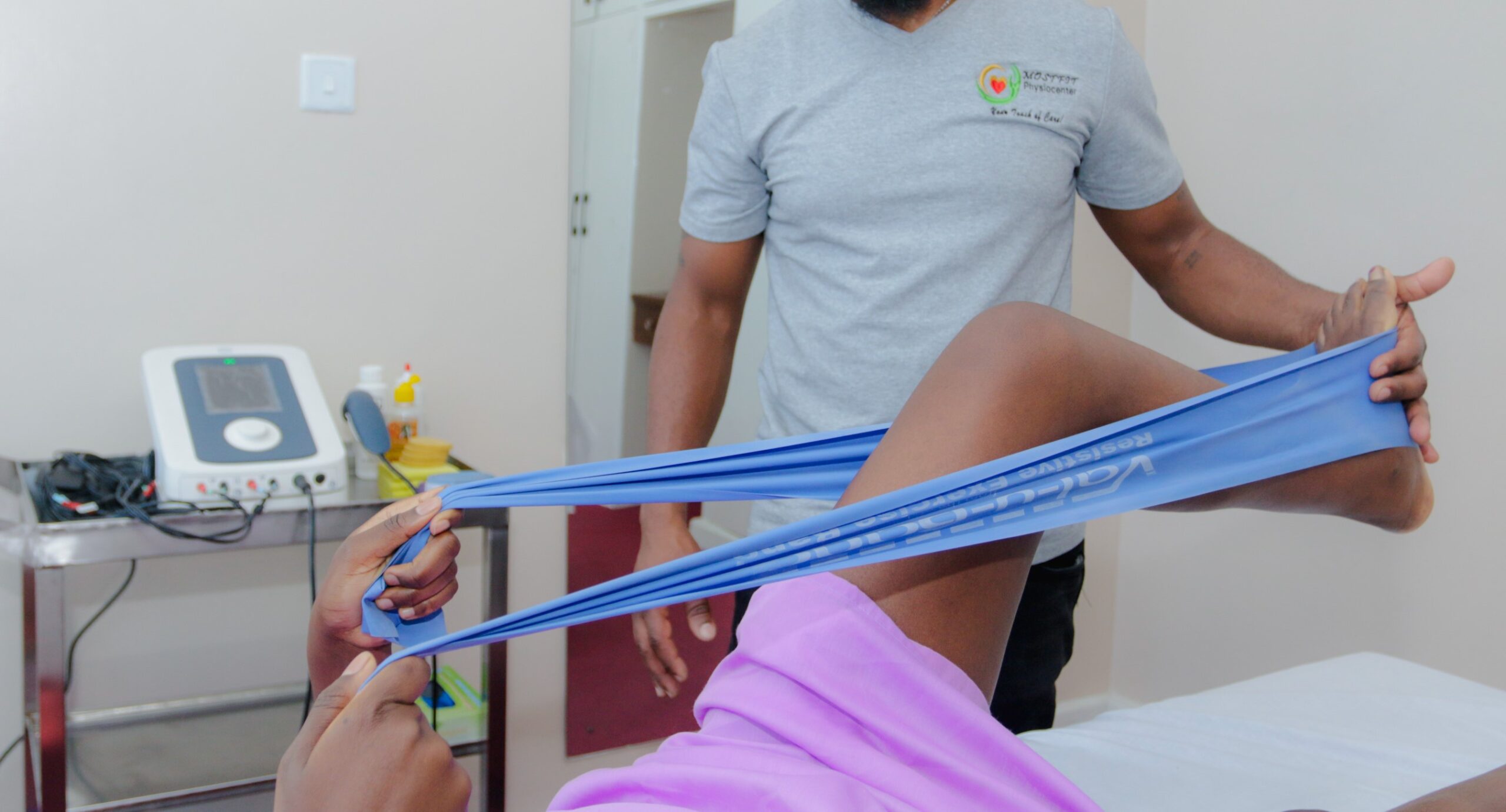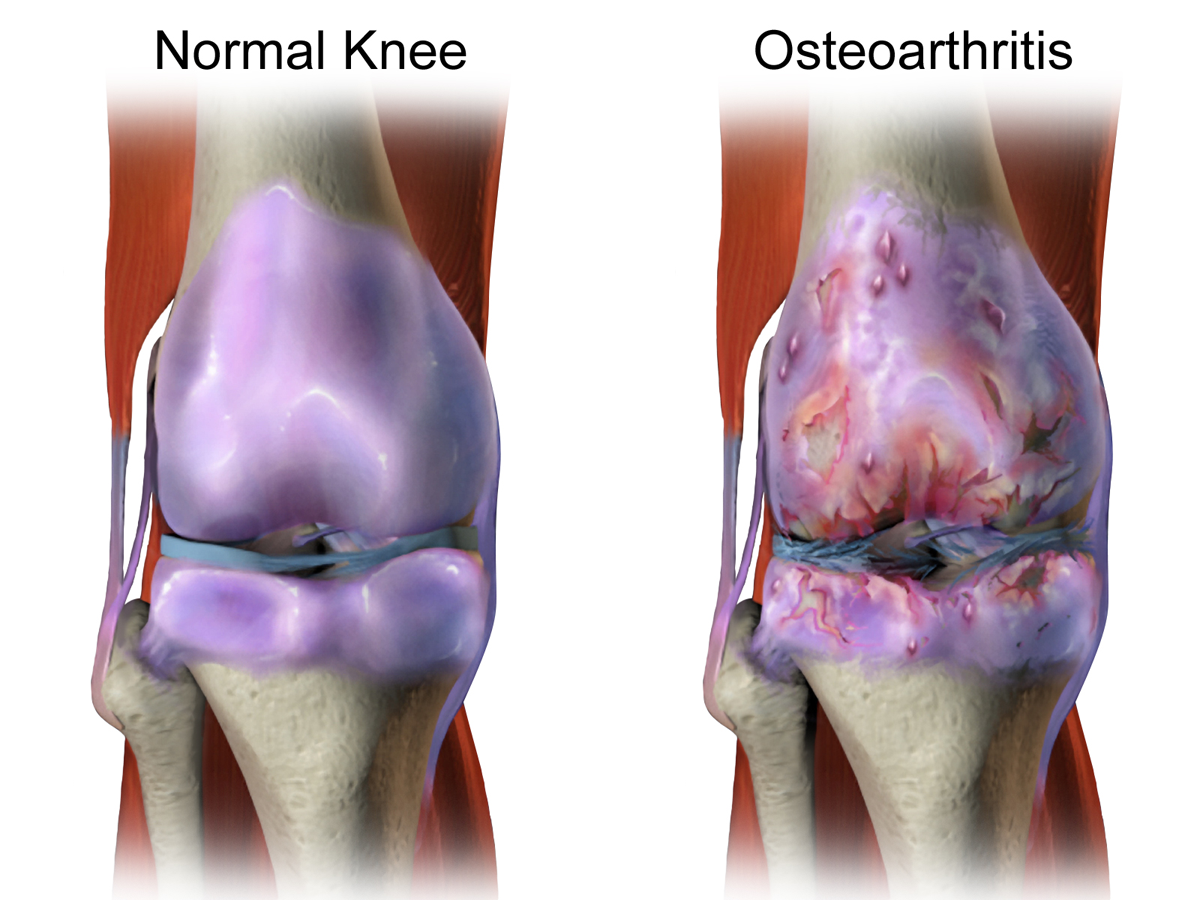Understanding Physiotherapy: Timing, Effectiveness, and Medical Roles
In this post, we’ll explore critical aspects that will help you in understanding physiotherapy, such as when to start treatment, how quickly it works, and its role in overall health care. By the end, you’ll have a clearer understanding of physiotherapy and why it’s an essential tool for recovery and prevention.
Introduction
A few years ago, I experienced a nagging back pain that made even the simplest tasks, like tying my shoelaces, feel impossible. I tried over-the-counter painkillers, hot compresses, and every home remedy I could find online, but nothing provided lasting relief. It wasn’t until I walked into a physiotherapy clinic that I began to see real improvement. This personal experience opened my eyes to the transformative power of physiotherapy and the importance of understanding when and how it works best.
Understanding Physiotherapy: Why Is Physiotherapy Important?
 Physiotherapy plays a crucial role in managing pain, improving mobility, and enhancing overall physical function. Whether you’re recovering from an injury, managing a chronic condition, or aiming to maintain your physical health, physiotherapy offers personalized solutions tailored to your specific needs.
Physiotherapy plays a crucial role in managing pain, improving mobility, and enhancing overall physical function. Whether you’re recovering from an injury, managing a chronic condition, or aiming to maintain your physical health, physiotherapy offers personalized solutions tailored to your specific needs.
This treatment approach focuses on non-invasive techniques like exercises, manual therapy, and education to help patients regain their strength and function. Its benefits extend beyond immediate recovery, promoting long-term health and reducing the risk of future injuries.
Understanding Physiotherapy: What Is the Best Time for Physiotherapy?
Timing is everything when it comes to physiotherapy. Understanding when to seek treatment can make a significant difference in recovery outcomes.
- Post-Injury or Surgery Recovery
Physiotherapy is most effective when integrated early in the recovery process after an injury or surgery. Starting treatment promptly helps reduce pain, minimize swelling, and accelerate healing. For instance, post-operative physiotherapy after knee surgery can significantly improve mobility and prevent complications. - Management of Chronic Conditions
For individuals dealing with chronic conditions such as arthritis or lower back pain, regular physiotherapy sessions can be life-changing. These sessions help alleviate symptoms, improve mobility, and enhance the overall quality of life. - Preventive Measures and Maintenance
Even if you’re not currently experiencing pain, physiotherapy can help maintain your physical health and prevent injuries. Athletes, for example, often use physiotherapy to improve flexibility and strength, reducing the likelihood of sports-related injuries. - Immediate Treatment
Seeking physiotherapy early, especially for acute injuries like sprains or muscle strains, can prevent the condition from worsening. Early intervention minimizes the risk of chronic pain and facilitates faster recovery. - Chronic Conditions and Long-Term Management
For conditions like fibromyalgia or repetitive strain injuries, physiotherapy serves as a long-term management tool. Regular sessions help control symptoms and improve daily functioning, allowing individuals to maintain independence.
Understanding Physiotherapy: How Quickly Does Physiotherapy Work?
 Many people wonder how soon they’ll start to feel better after beginning physiotherapy. The answer depends on several factors.
Many people wonder how soon they’ll start to feel better after beginning physiotherapy. The answer depends on several factors.
Factors Affecting Recovery Speed
Recovery timelines can vary based on:
- Severity of the Injury: Minor injuries may resolve in weeks, while more severe conditions require months of therapy.
- Individual Health: A person’s overall health and fitness level can impact recovery speed.
- Adherence to Treatment Plans: Following prescribed exercises and recommendations ensures faster and better outcomes.
Short-Term Goals
Physiotherapy often provides immediate benefits, such as pain relief and improved mobility. For example, techniques like soft tissue mobilization and stretching can reduce muscle tightness within a few sessions.
Long-Term Benefits
While short-term relief is important, physiotherapy’s real value lies in its long-term benefits. Over time, it strengthens muscles, improves joint stability, and enhances overall functionality, reducing the likelihood of future injuries.
Typical Timelines
- Acute Injuries: Recovery may take 4–6 weeks with consistent therapy.
- Post-Surgery Rehabilitation: Progress can span 3–12 months, depending on the surgery type.
- Chronic Conditions: These require ongoing management, with improvements seen gradually over weeks or months.
Understanding Physiotherapy: When to Stop Seeing a Physiotherapist?
 Knowing when to end physiotherapy is as important as knowing when to start.
Knowing when to end physiotherapy is as important as knowing when to start.
Achieving Goals
Treatment usually concludes once your goals—whether reducing pain, regaining strength, or improving mobility—are met.
Signs of Completion
- Significant improvement in symptoms and functionality.
- Ability to perform daily activities without discomfort.
- Confidence in managing your condition independently.
Maintenance Phase
After completing formal treatment, maintaining progress is essential. Regular exercise, good posture, and periodic follow-ups can help sustain your gains and prevent relapses.
Red Flags
In some cases, symptoms may persist or worsen. If that happens, additional medical attention or a reassessment may be necessary.
Understanding Physiotherapy: Can a Physiotherapist Prescribe Medicine?
Physiotherapists are highly skilled in non-pharmacological treatments but cannot prescribe medication.
- Scope of Practice
Physiotherapists focus on therapies like exercises, manual manipulation, and patient education. While they play a vital role in recovery, they are not medical doctors. - Collaboration with Medical Professionals
In cases where medication is necessary, physiotherapists collaborate with doctors to ensure patients receive comprehensive care. For example, they may work with a physician to manage pain medication during post-operative rehabilitation. - Focus on Non-Drug Interventions
Physiotherapy prioritizes natural, drug-free methods to manage pain and restore function. Techniques like hydrotherapy, dry needling, and tailored exercise plans address pain without the side effects of medication.
Understanding Physiotherapy: Conclusion
Physiotherapy is a powerful tool for recovery, prevention, and overall well-being. From managing chronic conditions to aiding post-surgery recovery, it provides personalized, effective solutions that promote long-term health. Understanding physiotherapy and when to seek treatment ensures you get the most out of this essential healthcare service.
If you’re in Nairobi and need professional physiotherapy services, Mostfit Physiotherapy Center Clinic is here to help. Our skilled therapists are dedicated to providing personalized care to help you achieve your health and wellness goals.
Get the best physiotherapy services in Nairobi at Mostfit
 At Mostfit Physiotherapy Center Clinic, we take pride in offering some of the best physiotherapy services in Nairobi. Whether you’re recovering from an injury, managing chronic pain, or looking to improve your overall physical health, our experienced team is ready to guide you every step of the way. We provide tailored treatments that address your specific needs.
At Mostfit Physiotherapy Center Clinic, we take pride in offering some of the best physiotherapy services in Nairobi. Whether you’re recovering from an injury, managing chronic pain, or looking to improve your overall physical health, our experienced team is ready to guide you every step of the way. We provide tailored treatments that address your specific needs.
Don’t let pain or discomfort hold you back. Contact us today to book your session and start your journey toward better health. With our expertise, state-of-the-art facilities, and commitment to patient care, we are Nairobi’s preferred choice for physiotherapy services.
Let us help you achieve your health goals and enjoy the benefits of a life with improved mobility, strength, and comfort. Together, we’ll create a treatment plan tailored to your unique needs. Let Mostfit Physiotherapy Center Clinic be your partner in achieving optimal physical well-being!
Contact us to book your consultation:
Phone: +254 743 217 360
Email: info@mostfitphysiocenter.com
Clinic Location: inside Kenya Drapers compound on Ring Rd Parklands, Nairobi – 100 meters from “The Oval” on your way from Westlands.
Let Mostfit Physiotherapy Center help you enjoy pain and discomfort free life. We are dedicated to helping our clients enjoy pain relief, better mobility, and an improved quality of life.. Our team is ready to welcome you with compassionate care and top-tier expertise.
References
- World Confederation for Physical Therapy
- Physiopedia
- National Institute for Health and Care Excellence (NICE)



